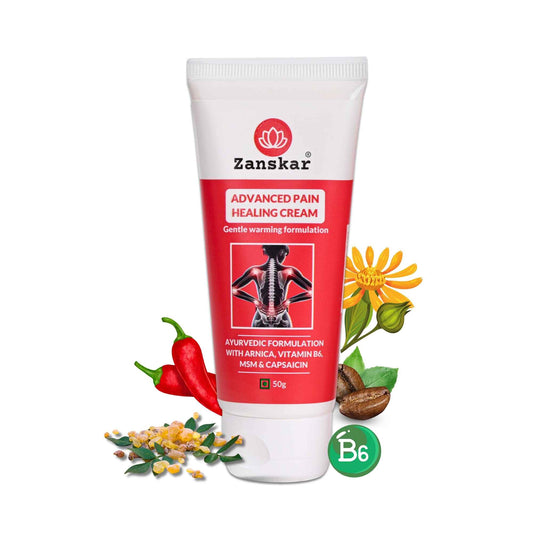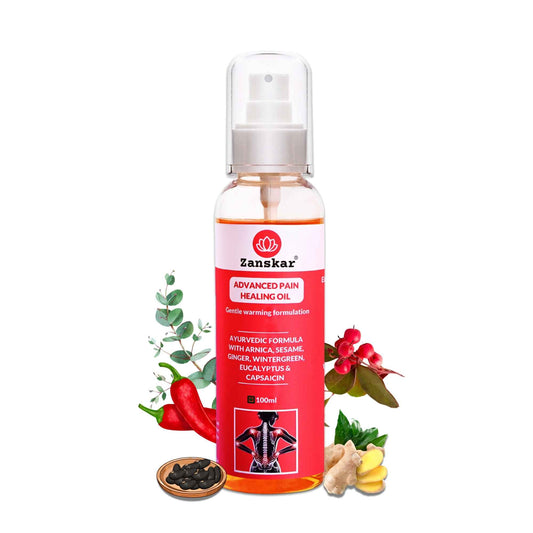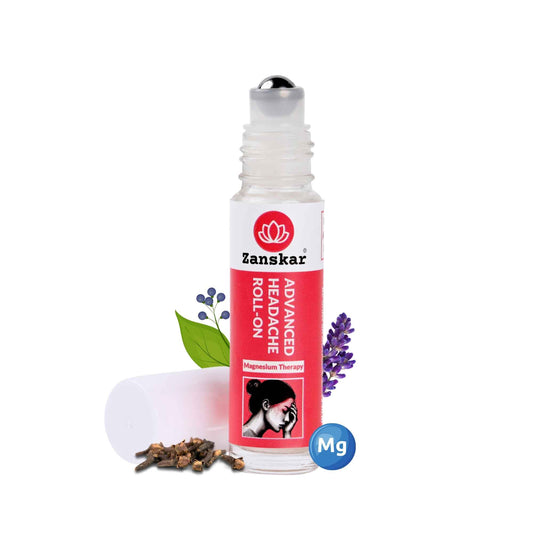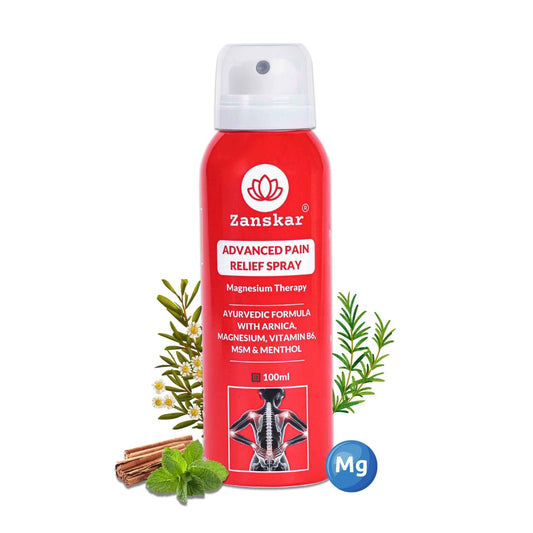
What is Acupuncture and does it help with pain relief?
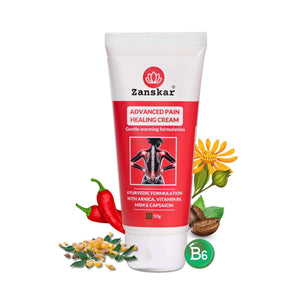
The medicinal practice of acupuncture may have its roots in ancient China. The practice's history is documented in documents from the first century BCE, but other archaeologists think the evidence suggests a much older beginning—possibly as early as 8,000 years ago.
Qi energy, pronounced "chee," is central to the medical philosophy of acupuncture. It is believed that Qi moves through the meridians, or energy channels, in the body. Organs or sets of organs correspond with specific meridians. In contrast to Western medicine, traditional Chinese medicine maintains that an imbalance in the passage of this energy through the meridians is the root cause of sickness.
Acupuncturists shallowly insert extremely thin needles into specific locations in the skin tissue in an effort to unblock or divert the flow of energy.
How Does Acupuncture Work?
Understanding how this ancient Chinese health method works has been challenging to modern science. There are two ways to look at the question. On one hand, an ancient explanation is available to describe this treatment using terms like qi energy and meridians, none of which are recognized by clinical researchers. On the other hand, scientists have attempted to explain the phenomenon using standard medical terms.

It has proven challenging to look into the practice. This is primarily due to two factors. First, it is challenging to compare different practitioners since they employ varying amounts of acupoints, suggest varying numbers of sessions, and hold those sessions for varying lengths of time. The second problem to researchers is that peoples’ ideas and expectations, as well as how they feel about their therapist, may impact how effectively their symptoms seem to them to be changed by the treatment.
How Painful Are Those Pins?
Needles scares a lot of folks. Perhaps you tremble when the occasional injection is given to you. However, the needles used for acupuncture differ greatly from those used for vaccinations or blood draws. The pins being used in this instance are really good. Because of this, the majority of patients report minimal to no pain during therapy. Therefore, you can feel reassured that this treatment for your disease shouldn't harm if your primary concern is suffering.

1. Lower Back Pain
One of the most common sources of chronic pain is felt in the lower back. For many, treatment for lower back pain (LBP) requires physical therapy, medicine, or in the worst cases, surgery. The evidence from many clinical trials studying traditional needling for LBP is inconsistent.

The different findings of 16 studies may depend on whether patient suffers from acute or chronic LBP. “Acute” refers to pain that comes and goes, and ends after an injury has healed, while “chronic” refers to ongoing pain that does not go away after an injury has healed. Researchers who compared the various reviews concluded that acupuncture improves pain and function of the lower back.
2. Tension Headaches and Migraine
Headaches are a frequent frustration for many people. Some research suggests careful needlework may provide effective, temporary relief for chronic tension headaches. When it comes to migraine headaches, researchers have concluded that needle treatments can be effective in treating such conditions even if they are not placed in the proper acupoints, and also show a possibly stronger effect than conventional drug therapy with fewer side effects.

3. Treatment for Fibromyalgia
Fibromyalgia is a common type of chronic pain that causes aching and tenderness across the body. It occurs about four times as often in women as it does in men. At least 20 percent of patients suffering from fibromyalgia will try needling as a treatment for their condition. Does it work?

One recent analysis looked at nine trials to try to answer that question. The researchers determined that the evidence of needling’s effectiveness is low to moderate when treating fibromyalgia pain and stiffness. It also concluded that the practice is safe, and that larger studies are warranted based on the available evidence.
4. Improving Carpal Tunnel Syndrome
When patients suffer from carpal tunnel syndrome (CTS), they often experience pain and numbness in their index finger and middle finger. The condition also makes the thumb weaker. CTS is caused by a pinched wrist nerve.

So does acupuncture help improve CTS? The science remains inconclusive, according to the US National Institute of Health. The NIH found that needling benefits some people, but the exact effectiveness is not scientifically proven.
So, Does Acupuncture Really Work?
In short, there is no scientific proof of why it should work. It can be best summed up as a placebo practice.
While the practice has its champions, the topic of whether or not acupuncturists provide any special relief remains a hot topic in the scientific community. Many skeptics believe any perceived effects of acupuncture can be chalked up to the placebo effect or other research biases. These rationalists point to several problems with the current state of acupuncture research.
Who Should Avoid Acupuncture?
Not everyone should receive this form of medical care. If you have a bleeding disorder or if you take a blood thinning medicine, your risk of bleeding may increase and you should therefore exercise caution. It is also recommended that pregnant women discuss this form of therapy with their doctor before proceeding. And if you decide to go through with acupuncture, it would be unwise to skip conventional pain care and rely on needle work alone.
Learn More About Zanskar Health
If you have joint or muscle pain that makes it hard to move, Zanskar offers the most advanced full stack pain relief solutions for you.
Now available to purchase, Zanskar® Advanced Pain Healing Cream has a unique formulation of natural ingredients like Arnica, Vitamin B6, MSM and Capsaicin, which is trusted by over 20L+ pain sufferers globally. It provides lasting relief from muscle and joint discomfort that you can feel good about. Get your fix before stocks run out - buy now.
You can also gain access to therapeutic exercises and stretches for your condition by downloading the Zanskar Health physiotherapy mobile app. Additionally, you’ll have a personal care team to guide, support, and tailor our program to you, including behavioral and nutritional coaching.
Download our mobile app here 👉 download and track your exercise streak.
Medical Review: This article is written by Dr Nishtha Mittal (Senior Health Content Editor at Zanskar Health) and has been medically reviewed by Dr Rashi Goel (Senior Physiotherapist at Zanskar Health). This article and its contents are provided for educational and informational purposes only and do not constitute medical advice or professional services specific to you or your medical condition.




